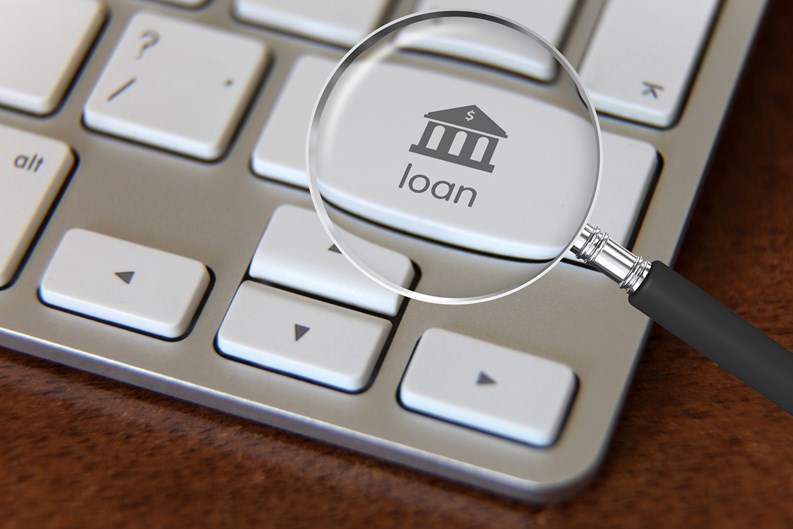When a homeowner, landlord, or co-op corporation needs to fund a large capital project, they have the option of securing a loan with their real estate. In all those cases, a conventional mortgage - a loan secured by real property - is the most typical method for obtaining the funds needed to do the work, and for repaying that money over a manageable period of time.
Condominiums and HOAs though, represent a different kind of ownership, in which individual owners are the ‘kings-of-their-castles,’ with a deed to their individual units, but where the community - in the form of the condominium or HOA association - owns the common areas within the community. The nature of the collateral is very different from the fee simple holding of a private home, a rental property, or a co-op. It is not considered sufficient collateral by lenders for a conventional mortgage instrument.
Condo & HOA Financing Alternatives
Larry Kirschner is a partner with Arch Capital Solutions, a firm specializing in HOA loans located in Naples, Florida. “Associations generally rely on dues, assessments, and fees paid by their members to finance their activities, including capital projects,” he says. “Oftentimes though, imposing large assessments to pay for community-related capital projects poses a burden to owners. One alternative a board may have is to finance the project by borrowing the funds and repaying them over time. HOA loans are available, and allow the board to complete a project immediately, and then spread the payments out in smaller increments over an extended period of time.”
How Do HOA Loans Work?
Unlike mortgages or auto loans, Kirschner explains, HOA loans typically don’t require borrowers to pledge assets as collateral. Instead, these types of loans are commonly referred to as “cash flow” loans because lenders are looking to the future cash flows (in the form of dues and/or special assessments) as security to repay the loan. Lenders focus on the amount of income coming into the association each month, then look at the association’s expenses to determine if there will be adequate cash flow to repay the principal and interest payments.
Generally, these types of loans are used for large projects. Common reasons for taking a loan of this type include major additions or renovations to a community’s clubhouse, pool, tennis and pickleball courts. Associations also often use these loans for maintenance and repairs projects including elevator, common area, and utilities projects as well as landscaping and road resurfacing.
Typical Terms
“Specific loan terms can vary greatly from lender to lender,” says Kirschner, “however, most experienced lenders understand the desire for a predictable repayment schedule. In order to minimize monthly repayments, borrowers often prefer longer-term repayment periods. HOA loans most commonly are structured so that repayment occurs monthly. Each payment consists of both principal and interest. Like a mortgage, the loans are amortized so they have a zero balance at maturity. Many lenders will offer loans with interest rates that are fixed throughout the life of the loan.”
“For longer-term loans,” continues Kirschner, “some lenders like to embed an ‘interest rate-reset’ midway through the loan. In other words, they will modify the interest rate at some point in the future. An example may be a loan with a 15-year maturity. A lender may propose a fixed interest rate in years one to 10, and with the interest rate resetting after 10 years. In this example, the new rate will be in effect for the last five years.”
The Process
Before starting the process, it’s always a good idea for a board to check with their legal counsel to help them ascertain if they have the ability to borrow in the first place, as well as what conditions need to be met. After confirming that they can in fact enter into the loan, the hard work begins. While some board members love to jump to the loan application, a methodical, well-planned approach is always more advisable. Kirschner suggest the following process:
Speak with counsel
Understand the scope of the project; Analyze and assess a feasible amount to borrow - and more importantly, a plan of repayment
Enlist community support. Unless the board is declaring an emergency borrowing situation, it’s always better to have residents onboard
Assemble a loan package. Lenders will want to assess the financial profile of the association. They will want to look at lots of information including (but not limited to):
Governing documents, articles of incorporation; by-laws and amendments
Proof of insurance
Board of directors
A reserve study (if you have one)
Meeting minutes
Scope of the project being done
Last 3 years of financial data and tax returns
Year-to-date financial information and a current delinquency report
It’s always a good idea to prepare an executive summary discussing why the board wants the loan, and how the association plans to repay the debt
Identify lenders who have expertise and interest in the loan. Start the application process
Collect term sheets, assess terms, and select the best-suited lender.
The prospective lenders will take the loan through their underwriting process.
If the loan successfully proceeds through the underwriting process, the lender will prepare the appropriate legal documents for the HOA’s counsel to review.
Once the closing documents have been negotiated and executed, the loan can close and fund
Does a HOA Loan Affect My Unit?
HOA loans are made to the association. The lender looks to the legal entity - in this case the homeowners association - for repayment. No liens are placed on individual units. And no personal financial statements or personal guarantees are used in HOA loans. When a loan is in place and a unit is sold, the seller does not need approval from the lender in order to complete the sale. Nor do they need to notify the lender of a change in ownership.
While not universally well known, HOA and condominium loans are a valued alternative when large cash infusions are needed, but for whatever reason, a community wants to avoid a large assessment.







Comments
Leave a Comment